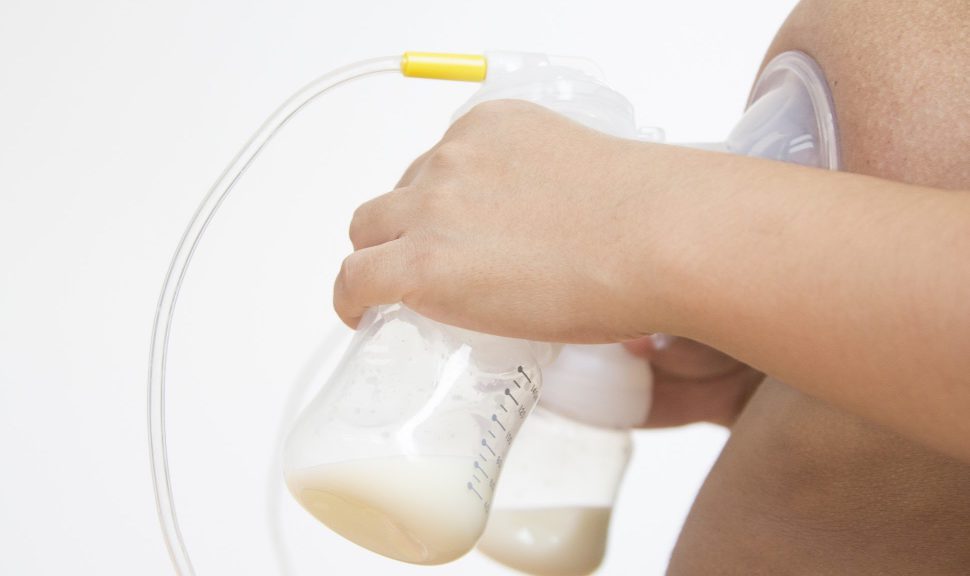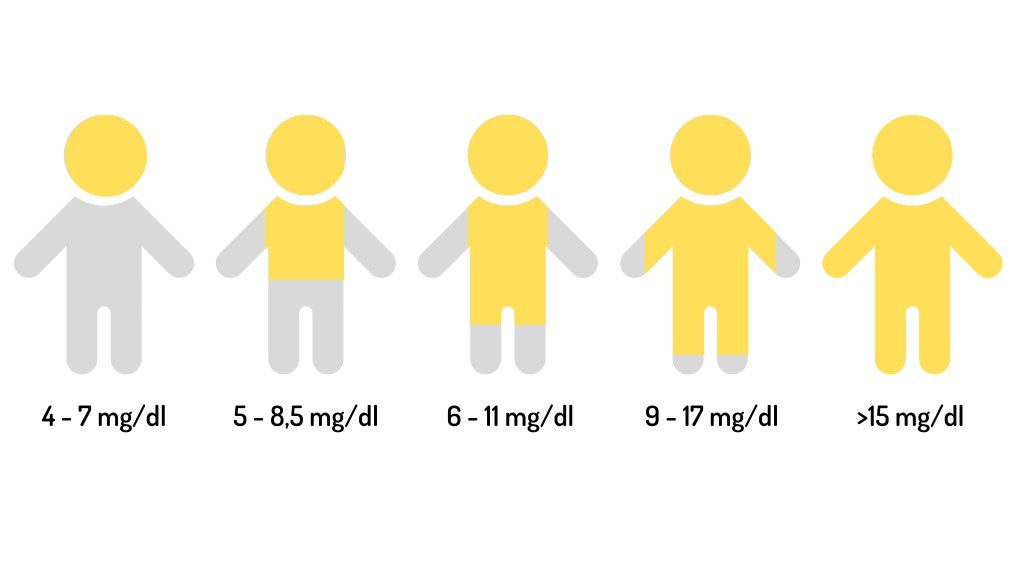Can mastitis increase the risk of postpartum depression?
In September 2023, a study published in China on the link between lactational mastitis and postpartum depression was published. The results obtained are striking, especially given the lack of evidence of quality in breastfeeding care. The research article estimates the incidence of mastitis at between 9 and 20% of people who breastfeed. The researchers point out that breast pain, frustration, exhaustion, stress, and concerns relating to breastfeeding may increase the risk of postpartum depression, and this has been the motivation…









